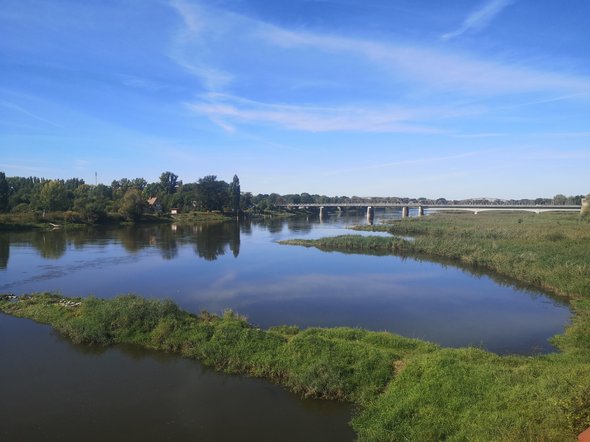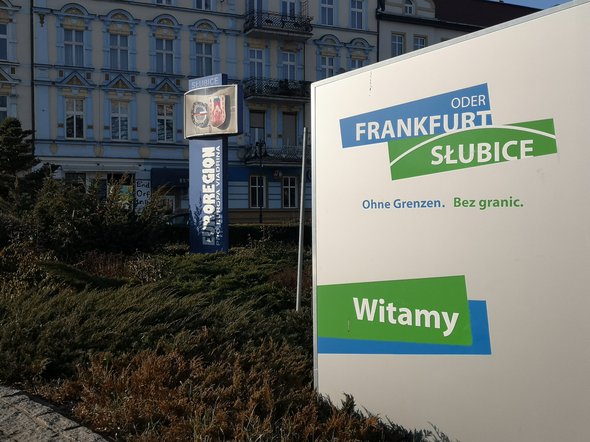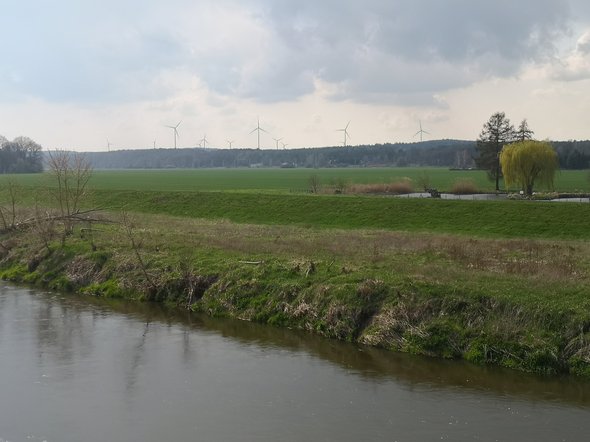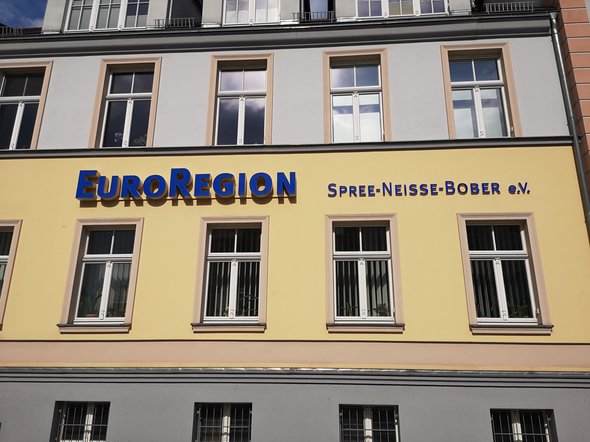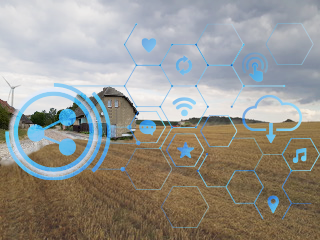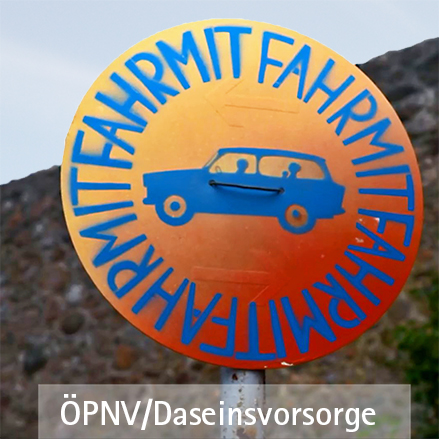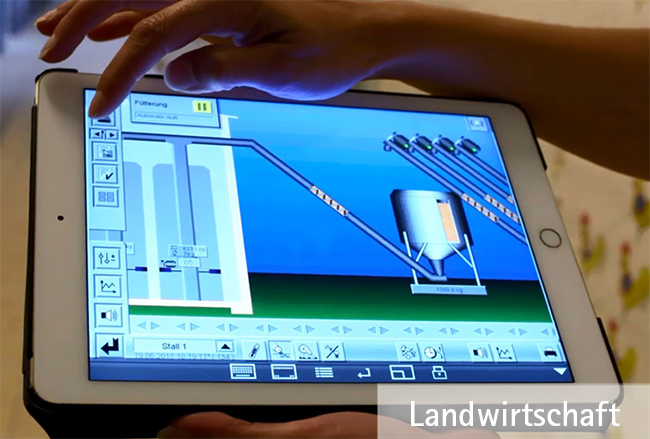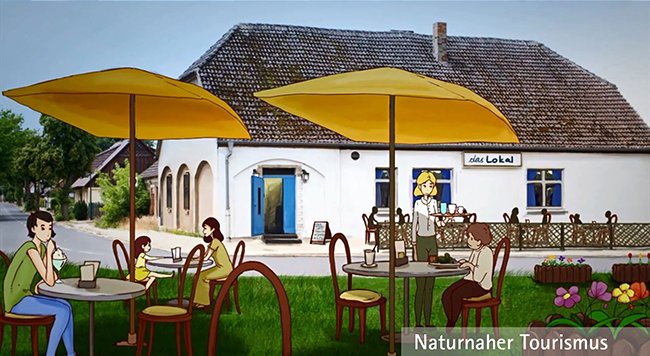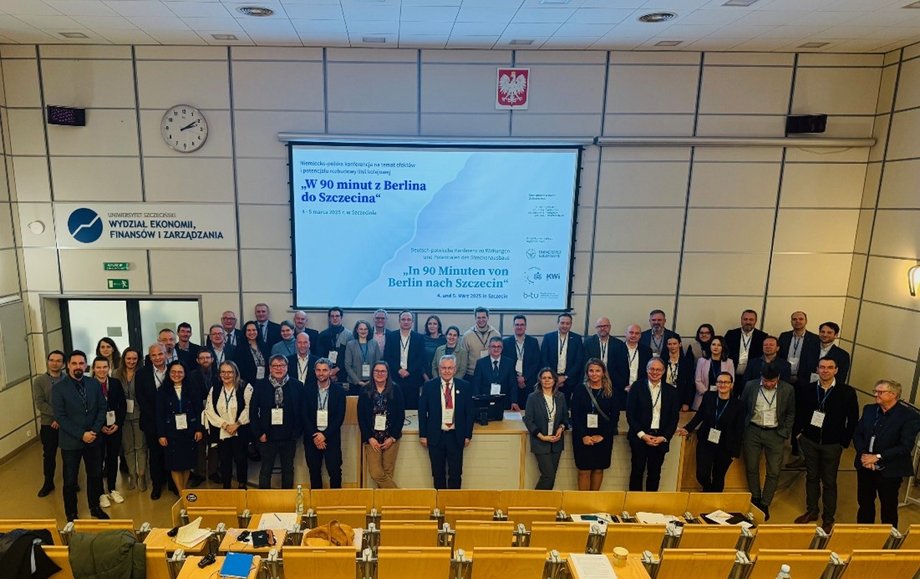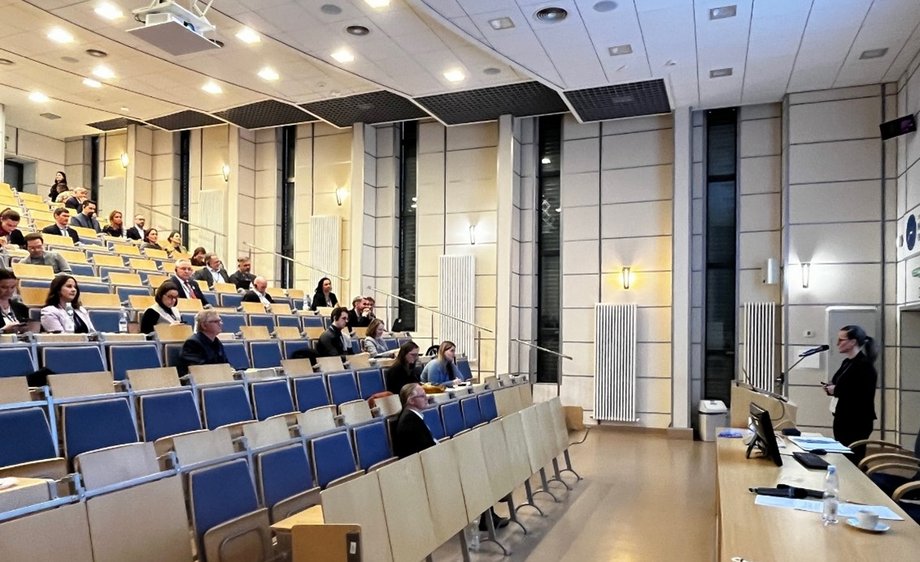BMBF-Project „Linking Borderlands: Dynamics of border-regional peripheries“

Project management at the BTU: Prof. Dr. Ludger Gailing
Thematic focus"Policy Borderlands": Martin Reents, Dr. Peter Ulrich (associate researcher)
Thematic focus "Energy Borderlands": Kamil Bembnista, Prof. Dr. Ludger Gailing
Network partners: Saarland University (network coordination), European University Frankfurt (Oder), Technical University of Kaiserslautern
For BTU Cottbus-Senftenberg: Prof. Dr. Ludger Gailing and Dr. Peter Ulrich
For Saarland University: Prof. Dr. Florian Weber (Network coordination), Prof. Dr. Astrid Fellner, Prof. Dr. Claudia Polzin-Haumann and Dr. Peter Dörrenbächer
For TU Kaiserslautern: Prof. Dr. Karina Pallagst, Prof. Dr. Georg Wenzelburger and Dr. Kirsten Mangels
For European University Frankfurt (Oder): Prof. Dr. Nicole Richter and Dr. Konstanze Jungbluth
Funding organisation: Federal Ministry of Education and Research (BMBF), Rahmenprogramm für die Geistes- und Sozialwissenschaften (2019 bis 2025) „Gesellschaft verstehen – Zukunft gestalten“, Fördermaßnahme auf dem Gebiet der Regionalstudien „Area Studies“
Duration: 04/2021 - 03/2024
The joint research project "Linking Borderlands: Dynamics of border-regional peripheries" examines and compares the German-Polish and German-French border areas in an interdisciplinary manner in various thematic focuses (policy transfer and learning, social practice and language in the context of vocational training, cultural negotiation processes in film, planning cultures, energy transitions). The research network is coordinated at Saarland University and includes the Technical University Kaiserslautern on the West German border and the European University Viadrina in Frankfurt (Oder) and the BTU on the East German border. The BTU coordinates the thematic focuses "Energy Borderlands" and "Policy Borderlands", each of which is worked on jointly with a partner university in the West German border region. The focus "Policy Borderlands", which is being carried out by the BTU in cooperation with the TU Kaiserslautern, connects the other sub-sections in the alliance with each other theoretically and conceptually.
The project aims to focus on European border regions as contact zones and transitional areas at the peripheries of nation states. In this way, persistent development paths as well as transformation processes in the so-called borderlands can be examined. The common approach lies in the field of border studies, which have increasingly developed in a constructivist context since the 1990s and enable an interdisciplinary treatment of border-regional questions.
The joint project is funded by the BMBF in the field "Area Studies". The framework program for the humanities and social sciences (2019 to 2025) is intended, among other things, to promote projects in the field of regional studies and strengthen them at universities, as well as to promote transfer with regard to society and politics.
DigPion – Digitale Pioniere in der ländlichen Regionalentwicklung
Principal investigator at BTU: V-Prof. Dr. Julia Binder
Project team: Kamil Bembnista,Julia Zscherneck, Hanna Zeißig and Isabelle Krebs
Funding organization: Bundesministerium für Ernährung und Landwirtschaft (BMEL), Förderlinie Bundesprogramm Ländliche Entwicklung (BULE+)
Link to funding measures website: https://www.ble.de/DE/Projektfoerderung/Foerderungen-Auftraege/BULE/Foerdermassnahmen/Forschungsvorhaben/Digitalisierung.html
Duration: 04/2020 - 03/2023
The BULE research project DigPion (4/2020-3/2023) analyses the networks and collaborative strategies amongst digital pioneers in rural areas. The aim of this project is to develop policy strategies that can foster sustainable spatial development and prevent spatial disparities. The project DigPion is based at the Chair of Regional Planning at the Brandenburg University of Technology in Cottbus.
The research focuses on digital pioneers with ICT-knowledge who drive social innovation and regional development in rural regions. These pioneers will be identified and their networks and collaborations will be systematically examined using network analytical methods. The data will be used for a case-based comparison. The following key questions are central to our research design: What are the socio-spatial conditions necessary for digital pioneers to mobilise knowledge, resources, networks, and social innovation in these regions? What can be learnt from this with regard to sustainable regional development? Can the positive impact of digital pioneers be enhanced by collaborative and communicative planning approaches?
WIR! - Project alliance “region 4.0” - Joint project: Enhancement of the innovation strategy; Sub-project on innovation environment and governance
Principal investigator at BTU: Prof. Dr. Ludger Gailing
Project team: Sunna Kovanen, Dr. Peter Ulrich
Consortium partners: Hochschule für Nachhaltige Entwicklung Eberswalde (HNEE) (Koordination), Zentrum für Technik und Gesellschaft (TU Berlin), Filmuniversität Babelsberg Konrad Wolf, Investor Center Uckermark GmbH, Stadtwerke Schwedt GmbH, Uckermärkische Verkehrsgesellschaft mbH, pro agro – Verband zur Förderung des ländlichen Raumes in der Region Brandenburg-Berlin e.V.
Funding organization: Federal Ministry for Research and Education (BMBF), funding programme "WIR! – Wandel durch Innovation in der Region“
Duration: 09/2019 - 09/2022
The project “region 4.0” is an alliance of the programme “Wandel durch Innovation in der Region (WIR!)” of the German Federal Ministry of Education and Research. The project alliance comprises relevant actors from the scientific, economic and public sector from Berlin and Brandenburg. The main objective of the “WIR!” alliance is to implement an innovation strategy “Region 4.0” which encompasses the development of innovative value networks in the action fields tourism, agriculture/food and public services/infrastructure within the region of Brandenburg (districts Barnim and Uckermark) and Mecklenburg-Vorpommern (former district Uecker-Randow).
The BTU is mainly responsible for conducting the sub-project on innovation environment and governance (part of work package on the development of an innovation strategy). The contribution of the BTU to the project alliance “region 4.0” is the scientific foundation and reflection with regard to the innovation strategy. The research-centered project contribution of the IRS is the empirical and methodical linkage of three perspectives on regional innovation processes: First, the scientific editing on innovation in “organisationally thin regions“; second, environment analysis with governance actors in the project region; third, comparison with similar “organisationally thin regions“ in Germany.
German-Polish conference ‘From Berlin to Szczecin in 90 minutes’
Project team at the BTU: Martin Reents, Leonard Weiß
Partners: University of Szczecin (Institute of Spatial Management and Socio-Economic Geography), University of Potsdam (Institute of Local Government Studies)
Funding organization: German-Polish Science Foundation
Duration: 10/2024 - 03/2025
The Berlin-Szczecin railway line will enable a faster connection between the two cities in the future. Local dynamics of change are already becoming apparent in the interlinked region along the route - for example, growing tourism in West Pomerania, the planned harbour expansion in Szczecin and Świnoujście and the transformation processes in Schwedt/Oder are changing the cross-border metropolitan region in the long term. These changes raise new questions about economic, social and cultural cooperation, which were the focus of a two-day German-Polish conference in Szczecin.
The idea for the conference arose from research and cooperation within the framework of the project ‘Cross-InnoNet: Cross-border public services Berlin-Szczecin’ and was organised jointly with the Institute of Spatial Management and Socio-Economic Geography at the University of Szczecin and the Institute of Municipal Sciences at the University of Potsdam and funded by the German-Polish Science Foundation. The aims of the two-day German-Polish event were to highlight current regional trends and projects, always with a cross-border connection to the railway line currently being expanded, and to discuss future fields of action and strategic approaches.

